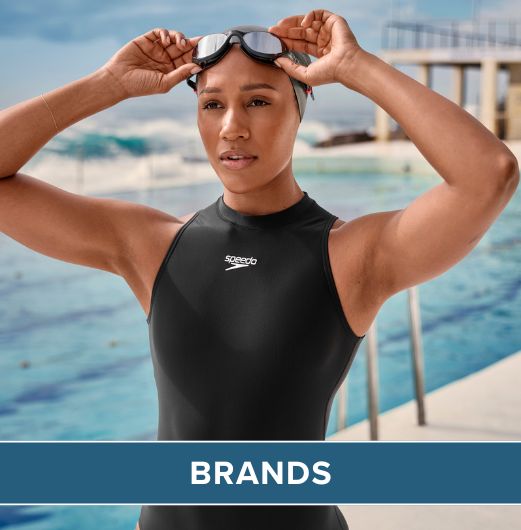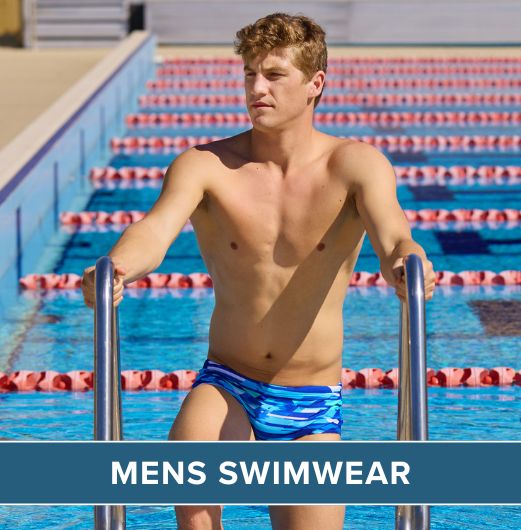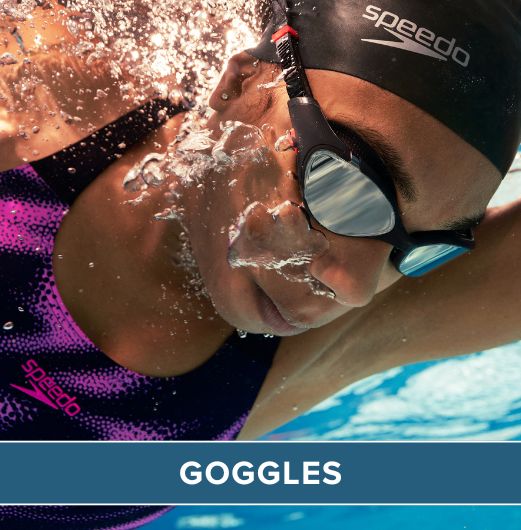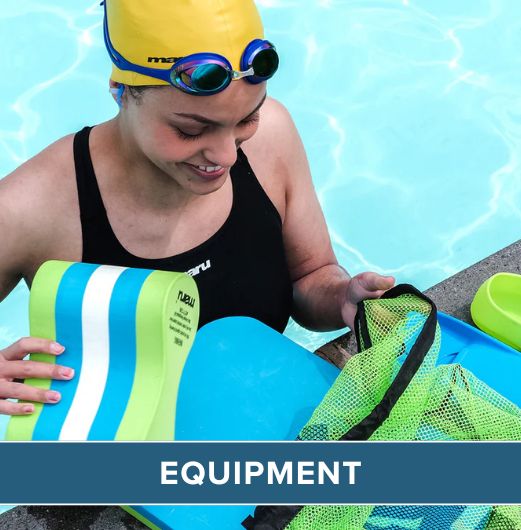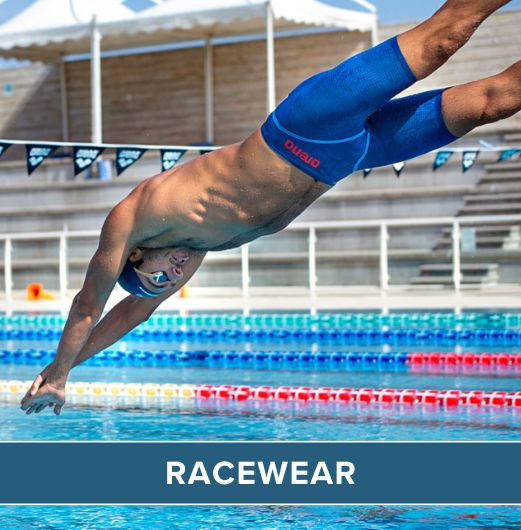- Speak to your doctor on how to recognise an oncoming attack and how to treat it in an emergency.
- Make sure you inform a coach if training as part of a team or a lifeguard if swimming alone , just to give them the heads up if an attack comes on. Let them know what it is you usually do and how to use any medicines that you need.

- Warm up well before you begin exercising for at least 10-15 minutes as this slowly increases your breathing rate.
- If the air around you is very cold (such as in an outdoor pool) then do some land warm ups with a scarf around your mouth and nose as this moistens the air you breath in.
Asthma and Anti-Doping Regulations
1 in 7 children and 1 in 25 adults suffer with asthma here in Great Britain. Those who suffer with asthma often worry about taking part in a new sport in case it brings on an asthma attack.
Swimming is often a sport that asthma sufferers excel at and it shouldn’t be something that can stop you from becoming a brilliant swimmer.
Types of Asthma Medication
There are 2 types of asthma medication – preventers and relievers.
Preventers (brown or white inhalers) literally do as they say on the tin and if taken regularly can prevent asthma attacks from occurring. Asthma prevents work by lining the airways so they become less narrow when triggered. These should not be used to treat an acute attack as they don’t bring immediate relief.
Relievers are designed to open up the airways after symptoms have begun appearing of an oncoming asthma attack. However, in sport a salbutamol inhaler (blue Ventolin) can be used to prevent asthma attacks if you think that your training will cause an attack. Take your reliever about 15 minutes before training, about the time you arrive at the swimming pool, and this should cover you for 2-3 hours. This also means that you won’t need to repeatedly use an inhaler whilst at the swimming pool or during training.
Doping Regulations
Doping is the action when athletes take drugs or medicines in order to enhance their performance whilst taking part in sport.
Over use of inhalers can cause anti-doping alarm bells to ring so ensure that you are only using your asthma medication to the recommended dose.
If competing at ASA or British Swimming national events you must declare use of an inhaler as well as any other medication taking. You can do this by filling out there Medical Declaration Form. It is very important that you do this to avoid breaking any of the anti-doping regulations.
Our tips on coping with asthma as an athlete
Speak to your doctor about preventative measures and avoiding common triggers of asthma attacks.
 Free Tracked UK Delivery
Free Tracked UK Delivery Hassle Free Returns
Hassle Free Returns Next Working Day OPTION
Next Working Day OPTION Found It Cheaper?
Found It Cheaper?



